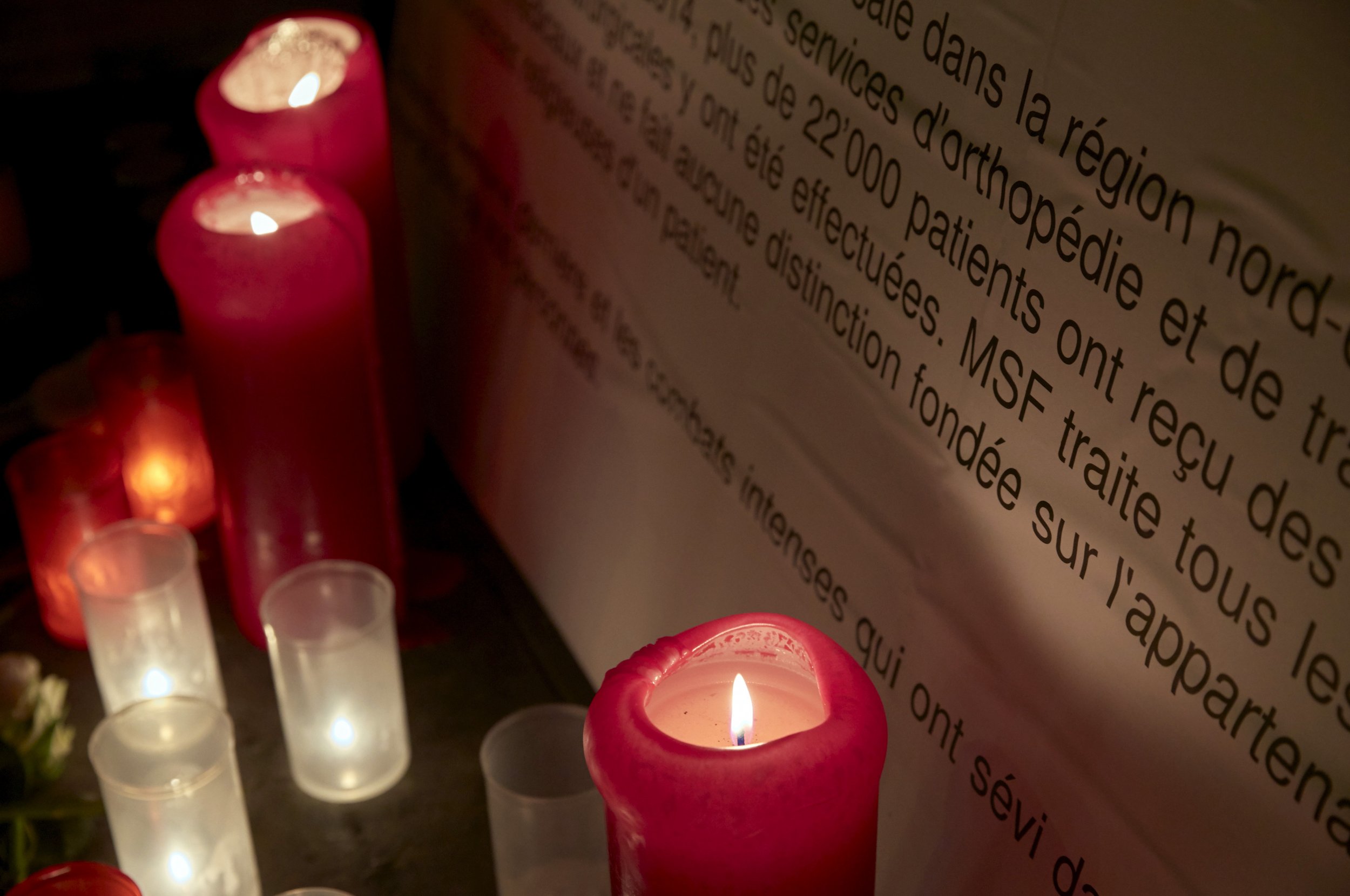
This article first appeared on the Brookings Institution site.
It was an extremely eventful last week in Afghanistan.
First, the Taliban overran the important city of Kunduz in the country's north.
Then the Afghan government, aided by U.S. advisers and forces, prepared a counterattack to retake the city.
Then a U.S. transport aircraft crashed in a different part of the country, causing 10 American fatalities and reminding us all of the sacrifice American men and women in uniform make in these kinds of difficult, faraway, and long operations.
Then the Kunduz counterattack began to make progress in taking back the city, and there seemed at least to be some light at the end of the tunnel.
But then the hospital tragedy occurred, in which it would appear that a U.S. aircraft, an AC-130 Specter gunship, attacked Taliban positions near and perhaps within a hospital run by Doctors Without Borders in Kunduz. Nearby U.S. troops may have been at risk, leading to the use of airpower in such a setting.
Tragically, some 22 individuals were killed in the sustained barrage by the AC-130, apparently from the direct effects of the ordnance itself as well as ensuing fires at the hospital. Most if not all of the dead appear to have been innocents. Some were doctors and nurses. Some were children.
With profound admiration for the U.S. and NATO military operation in Afghanistan, and with great affection for those I know who are part of it, I must offer three strong criticisms in light of what has to my mind been the greatest tragedy caused by U.S. forces in several years in this war:
- Most fundamentally, the fact that the attacks occurred at all at a known hospital was a major mistake in my eyes. Even if the U.S. forces had to let 100 Taliban fighters use it as a sanctuary, that would have been better than to risk hurting innocents at such a facility.
It was doubly bad to have U.S. aircraft directly involved in the attack. The only possible partial exception to this would be if the lives of U.S. troops were at risk and if they could not be saved in any other way. I am skeptical that this was the case. Even if it had been, the ethics of using force in such a situation would have been deeply troubling.
- Insisting on the need for a full internal investigation before discussing the attacks further, the current U.S. government policy, as best I can tell, strikes me as the wrong way to handle things now.
The magnitude of the tragedy is too great, the likelihood that the United States made a major mistake here too high, to treat in this fashion. General David Petraeus used to say that we need to be "first with the truth" in these kinds of situations, and the delays in any kind of American response therefore strike me as mistaken. The U.S. embassy in Kabul has expressed deep sadness and mourning over the deaths, but more is required, and now.
- The initial use of the term "collateral damage" to describe the casualties to those inside the hospital was callous. Not only should we forever expunge that phrase from our lexicon in talking about human casualties in war, the United States should apologize for having used it yesterday.
The hospital bombing was a bigger disaster than the United States has yet recognized. The United States cannot undo it, but it needs to face up to what has happened, and do so immediately.
Michael O'Hanlon is senior fellow at the Brookings Institution and author of The Future of Land Warfare, Brookings Press, 2015

Uncommon Knowledge
Newsweek is committed to challenging conventional wisdom and finding connections in the search for common ground.
Newsweek is committed to challenging conventional wisdom and finding connections in the search for common ground.





